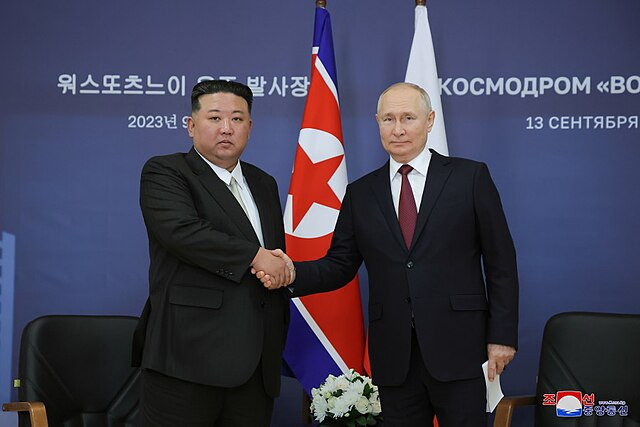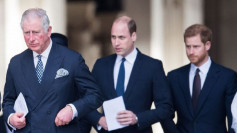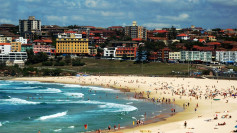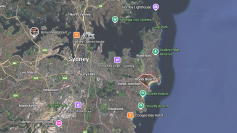North Korea and Russia have strengthened their alliance through a series of exchanges involving military support, weapons, and essential resources, according to intelligence reports and satellite imagery analyses. These developments come as both nations face escalating international sanctions while seeking to bolster their strategic positions, particularly in the ongoing war in Ukraine.
South Korea's national security adviser, Shin Won-sik, has confirmed that Russia provided North Korea with advanced military technology, including anti-aircraft missiles, in exchange for the deployment of North Korean troops to support Moscow's war effort. Speaking to South Korean broadcaster SBS, Shin stated, "It is understood that North Korea has been provided with related equipment and anti-aircraft missiles to strengthen Pyongyang's weak air defense system." Reports estimate that around 10,000 North Korean soldiers have been dispatched to Russia, with some already engaged in combat.
The alliance was further formalized through a mutual defense pact signed in June by Russian President Vladimir Putin and North Korean leader Kim Jong Un. The agreement obligates both nations to provide military assistance in the event of an attack and to coordinate efforts against Western sanctions. South Korea's National Intelligence Service also revealed that North Korea has supplied Russia with more than 13,000 containers of weapons, including artillery and missiles, since August 2023.
North Korea appears to be using its involvement in the Ukraine conflict to reorient its foreign policy, positioning itself as a key supplier in Russia's war economy. Analysts suggest that this partnership allows North Korea to bypass its reliance on China, gaining access to Russian resources such as oil and gas while securing economic and military benefits. During a recent visit to Moscow, North Korean Foreign Minister Choe Son Hui declared, "Our country will stand firmly by our Russian comrades until victory day."
Satellite imagery analysis conducted by the London-based Open Source Centre, in collaboration with the BBC, has further exposed the depth of this partnership. The investigation tracked tanker routes between Russia's Vostochny port and North Korean oil terminals, revealing that Russia has delivered over one million barrels of oil to North Korea since March 2023. This figure exceeds the annual 500,000-barrel cap imposed by United Nations sanctions, underscoring Russia's willingness to defy international restrictions. Joseph Byrne, an analyst at the Open Source Centre, noted that these oil shipments have provided North Korea with "a level of stability it hasn't had since these sanctions were introduced."
The transactional nature of the relationship is evident. Reports indicate that North Korean soldiers deployed to Russia are being compensated with monthly payments of approximately $2,000, in addition to food supplies and access to advanced technology. This arrangement offers significant benefits for Kim Jong Un's regime, which has long faced economic challenges under stringent international sanctions. Joseph S. Bermudez Jr., a defense expert at the Center for Strategic and International Studies, described the partnership as a "win-win" for Pyongyang, stating, "Kim is getting paid, getting access to foreign technology, and securing vital resources."
Russia's actions have drawn sharp criticism from the international community. David Lammy, the UK's foreign secretary, condemned the oil shipments as a blatant violation of UN sanctions. The United States and its allies are closely monitoring the situation, warning of the risks posed by this escalating military and economic cooperation between Moscow and Pyongyang.
South Korea, traditionally cautious in its approach to conflicts involving its neighbors, has hinted at a possible shift in policy. President Yoon Suk-yeol recently suggested that his administration may reconsider its longstanding position against providing arms to nations in conflict, a move prompted by North Korea's growing involvement in Ukraine.






